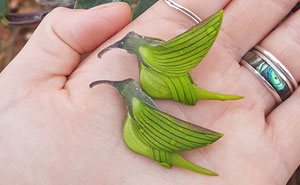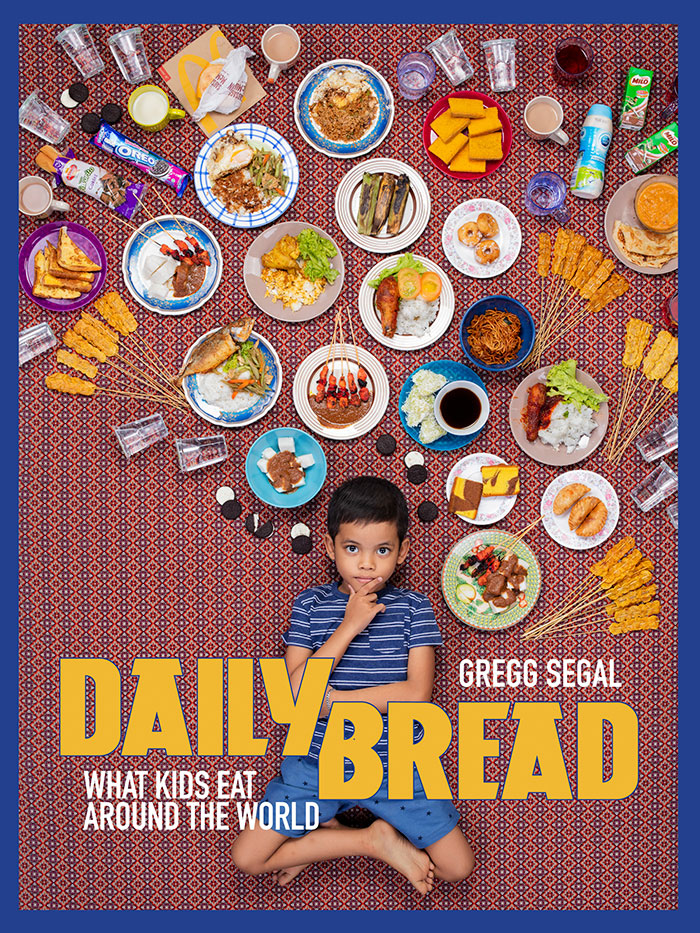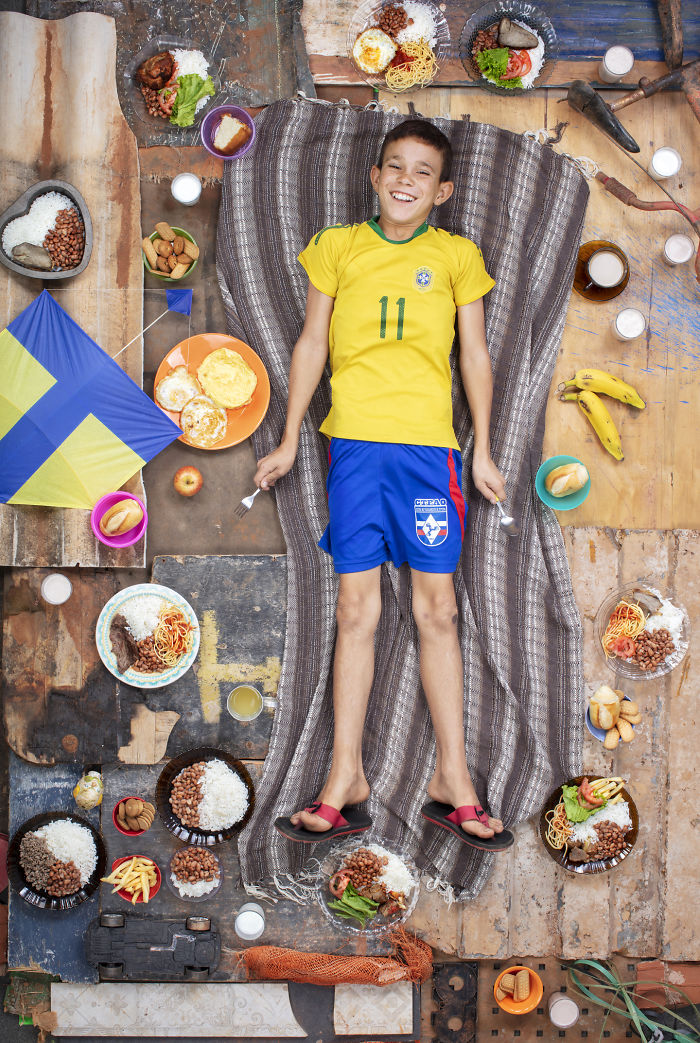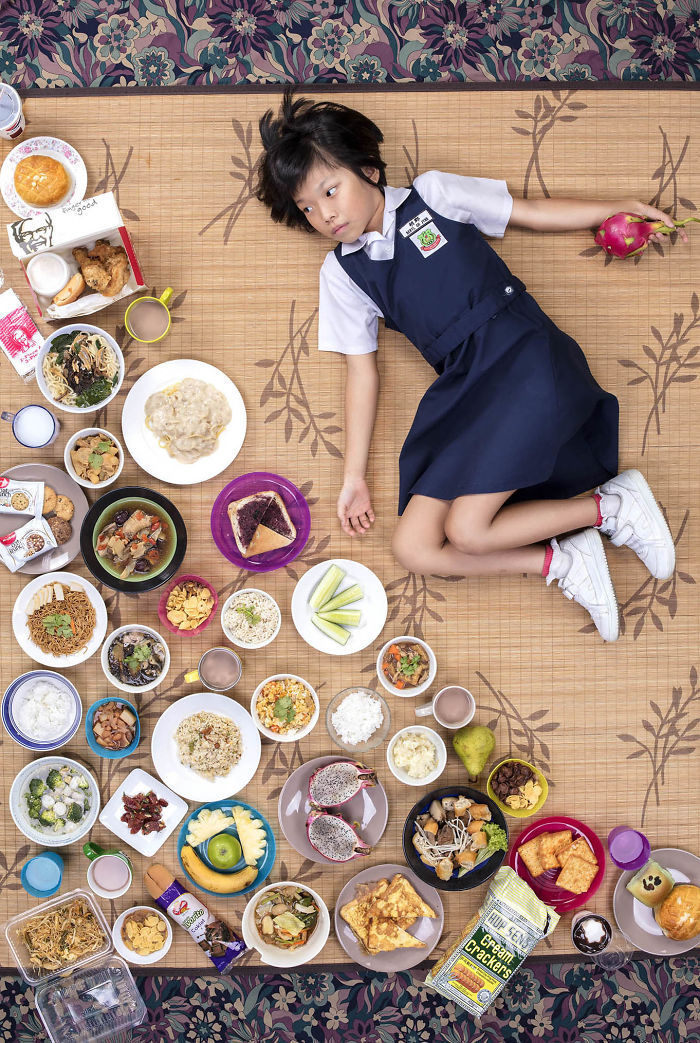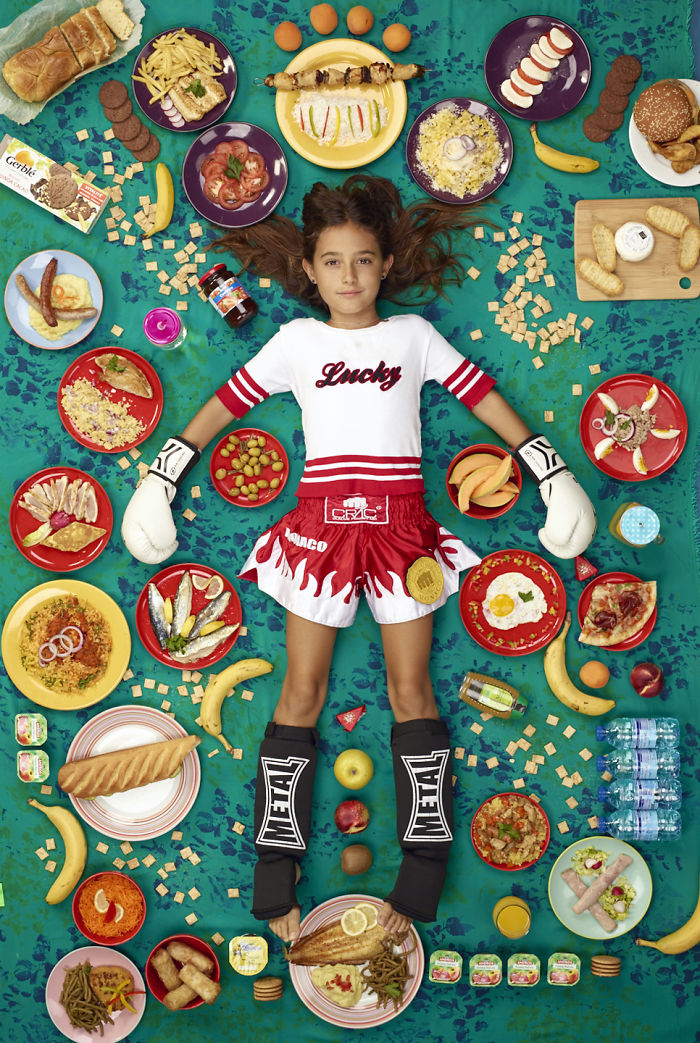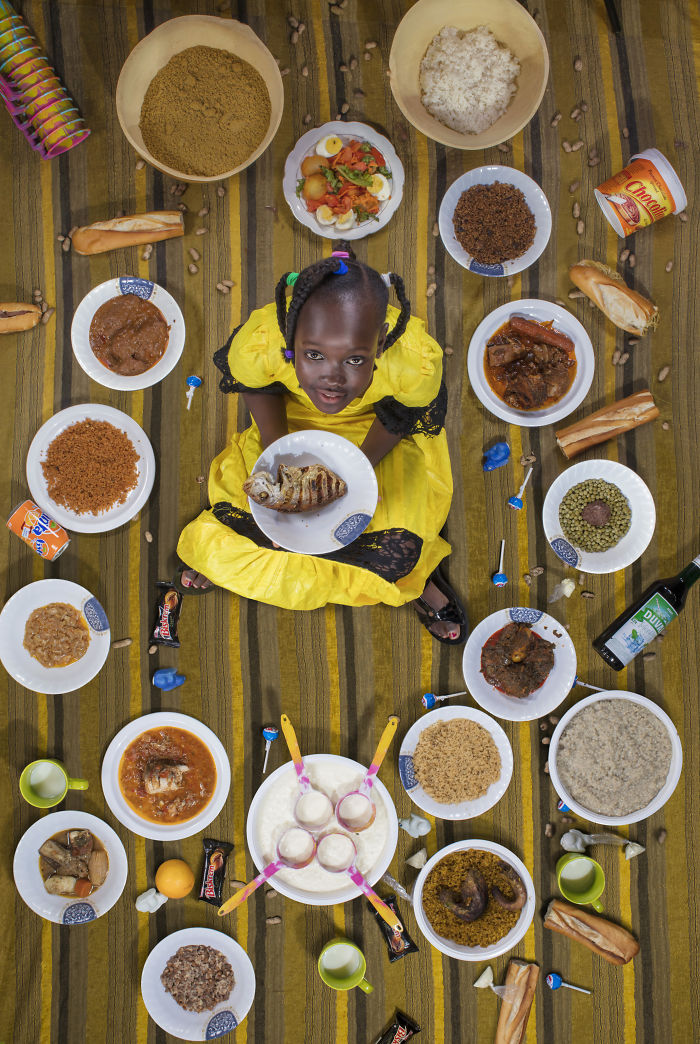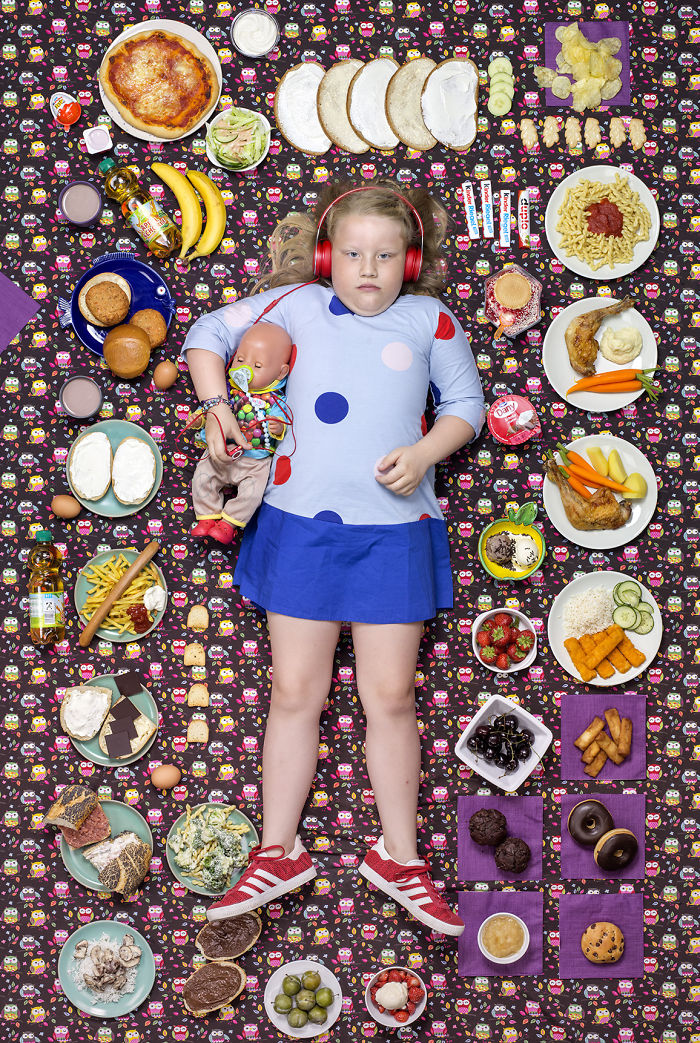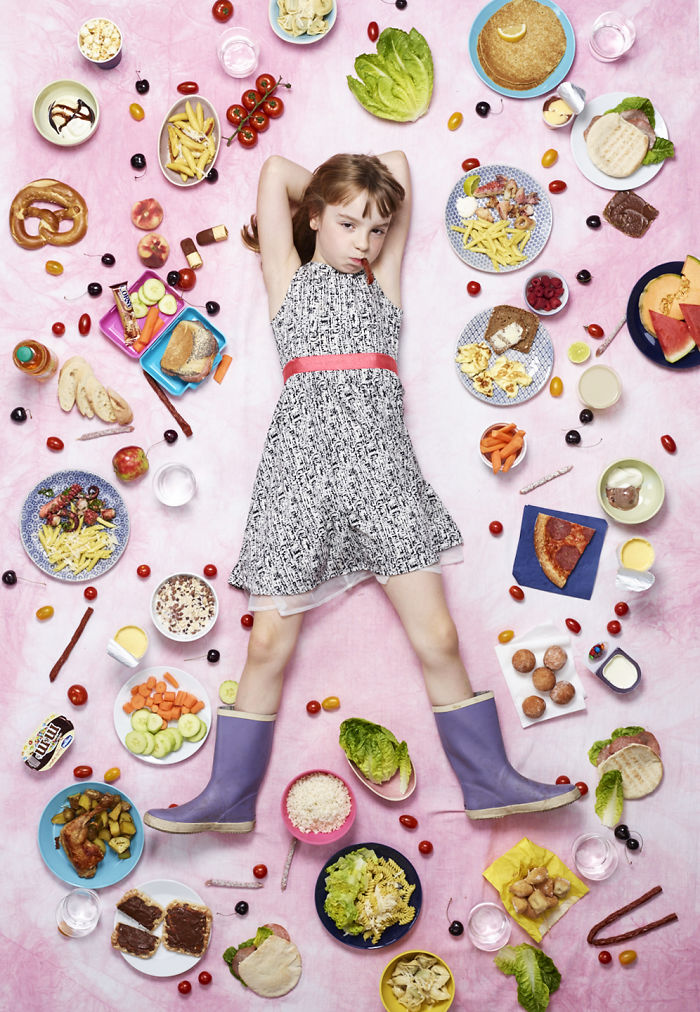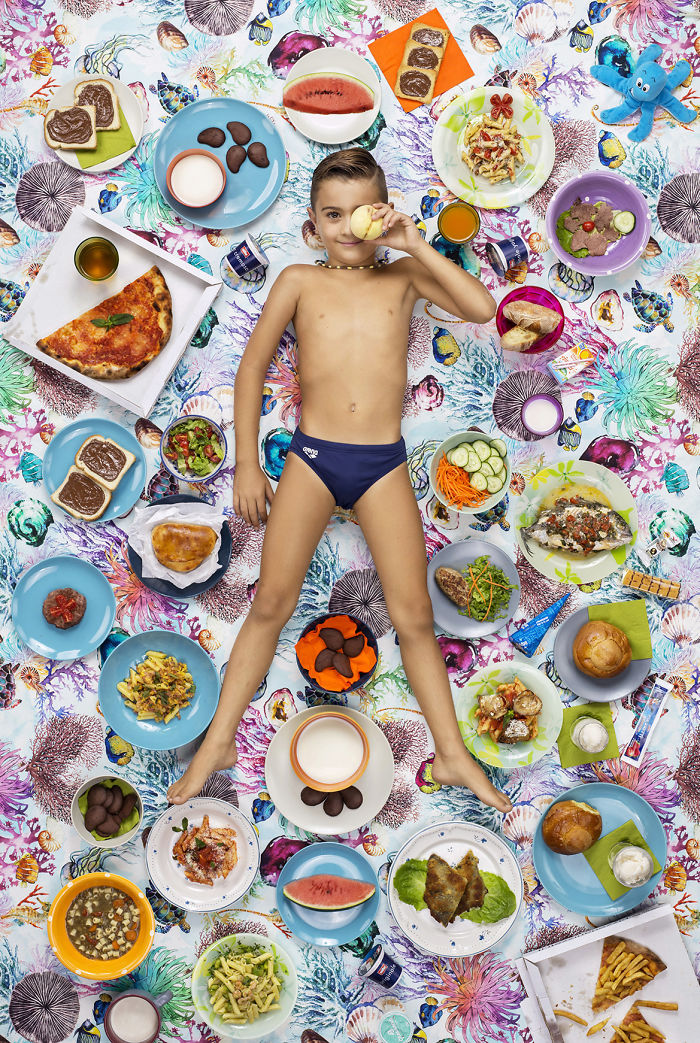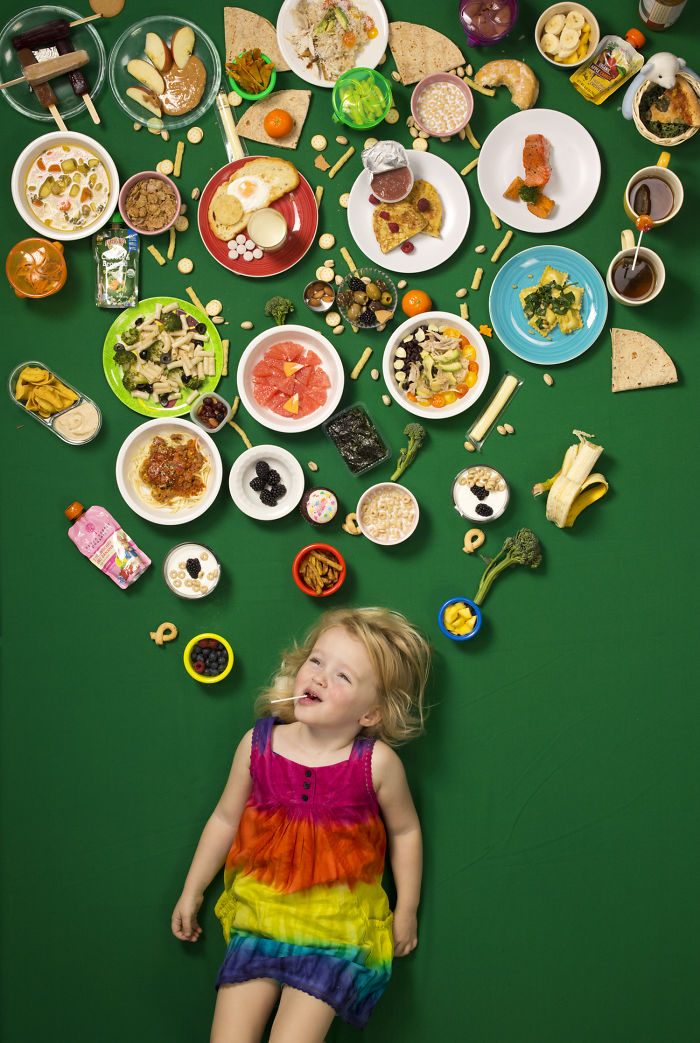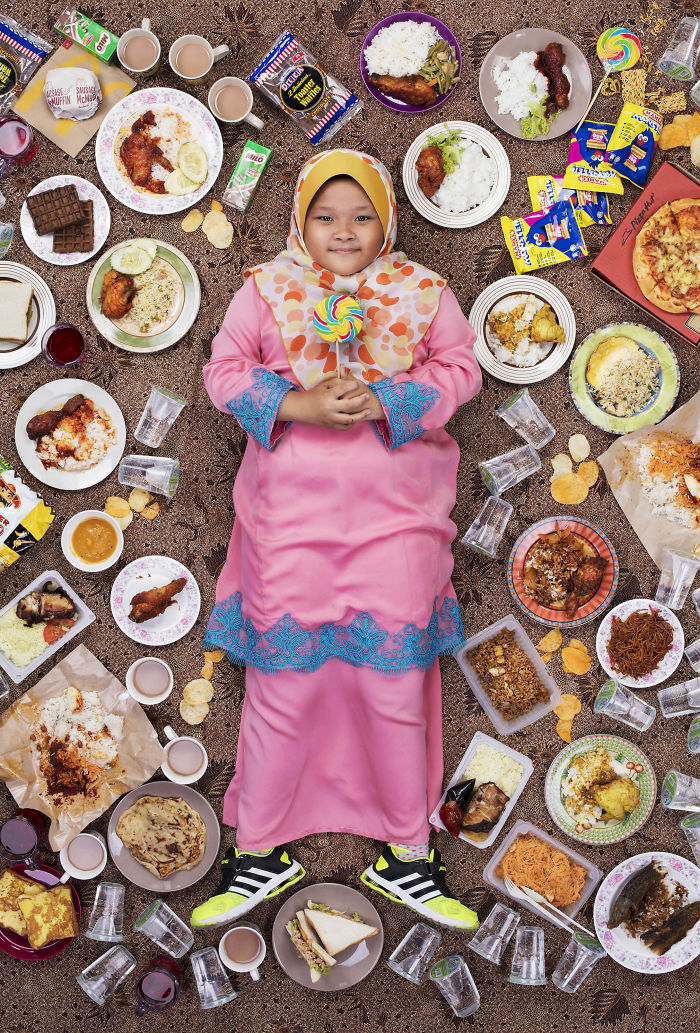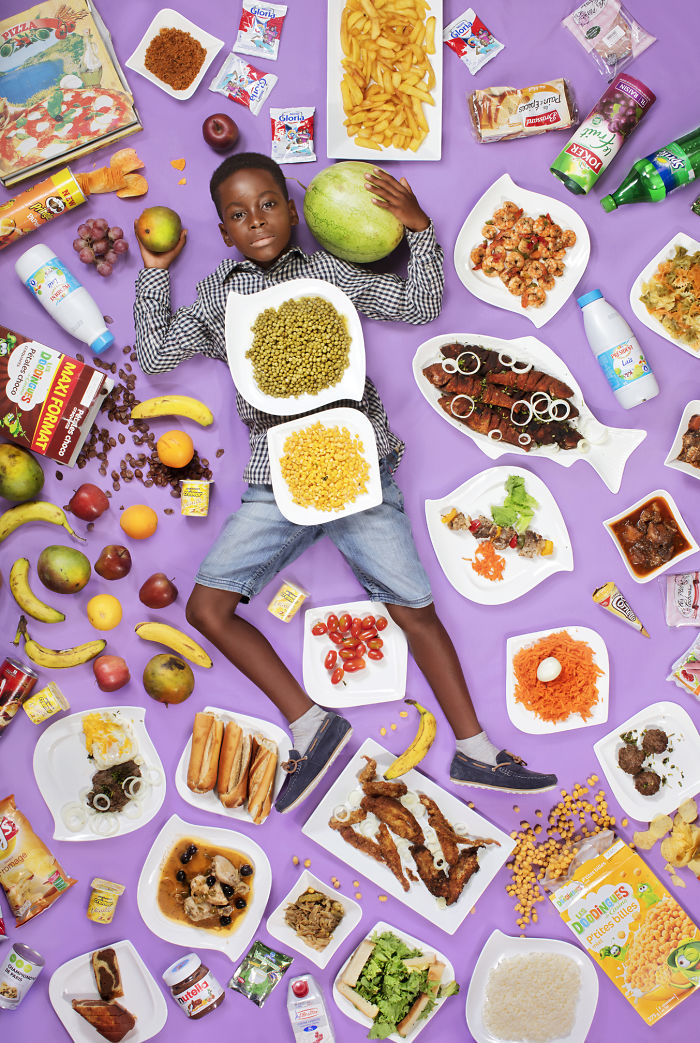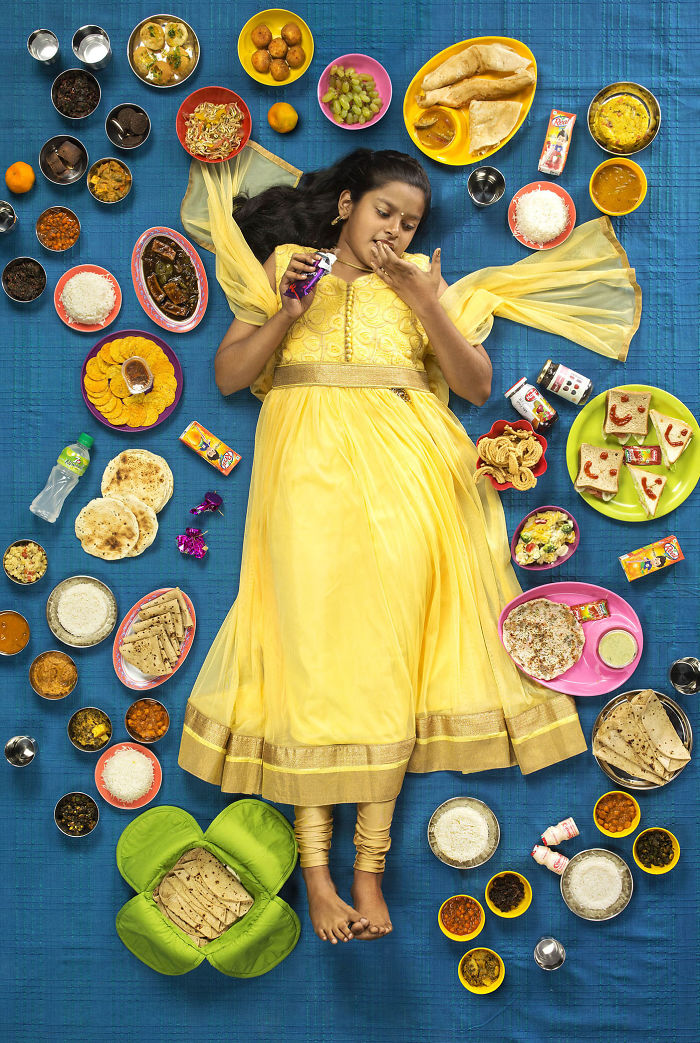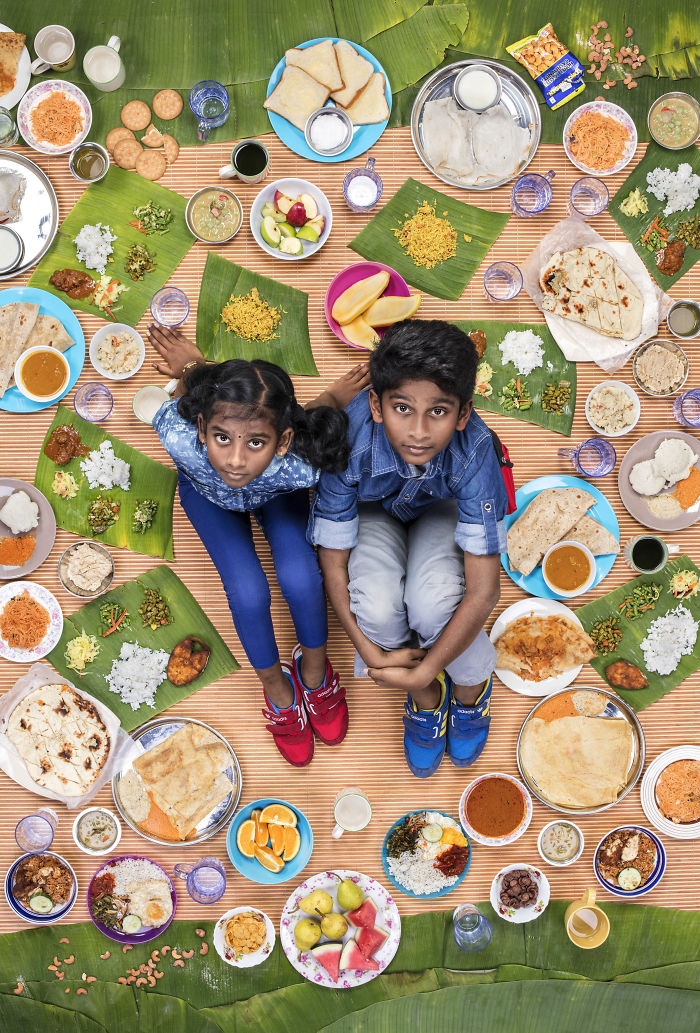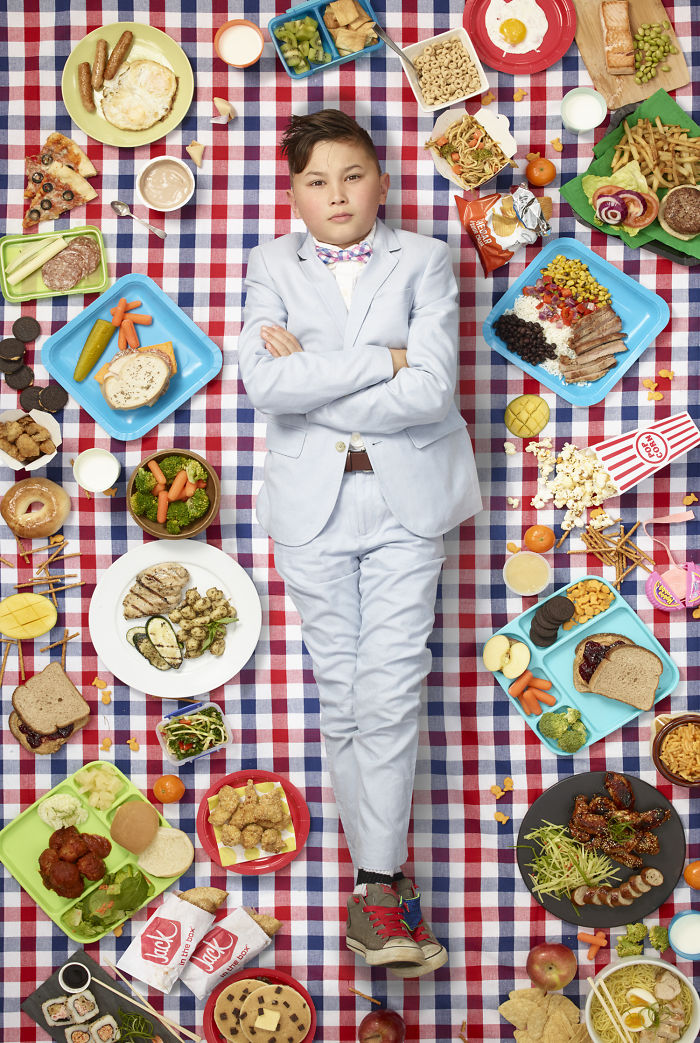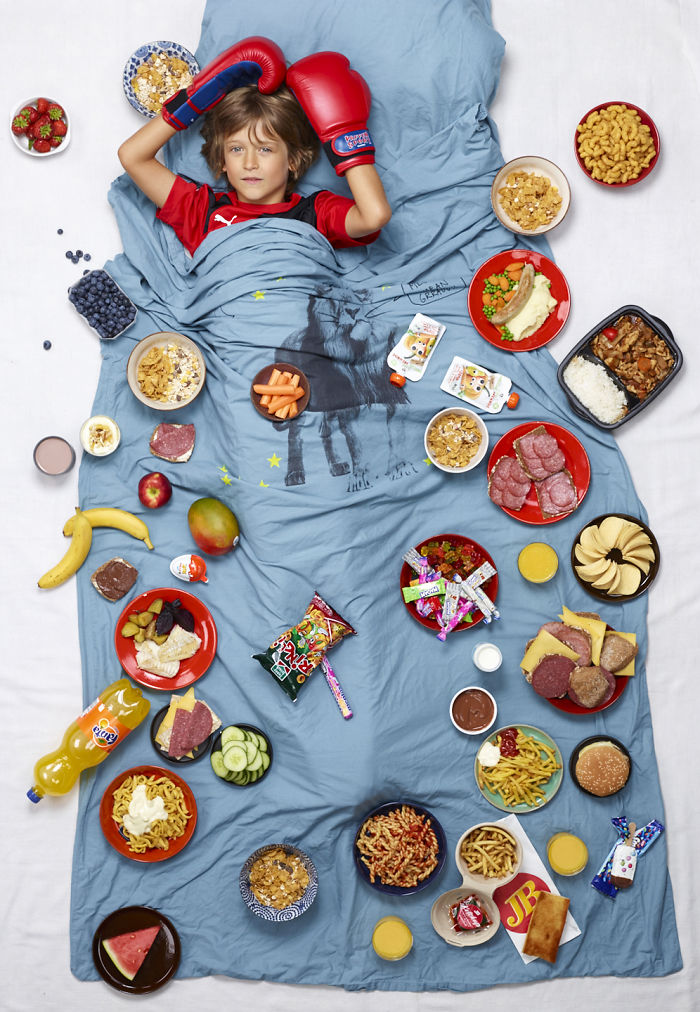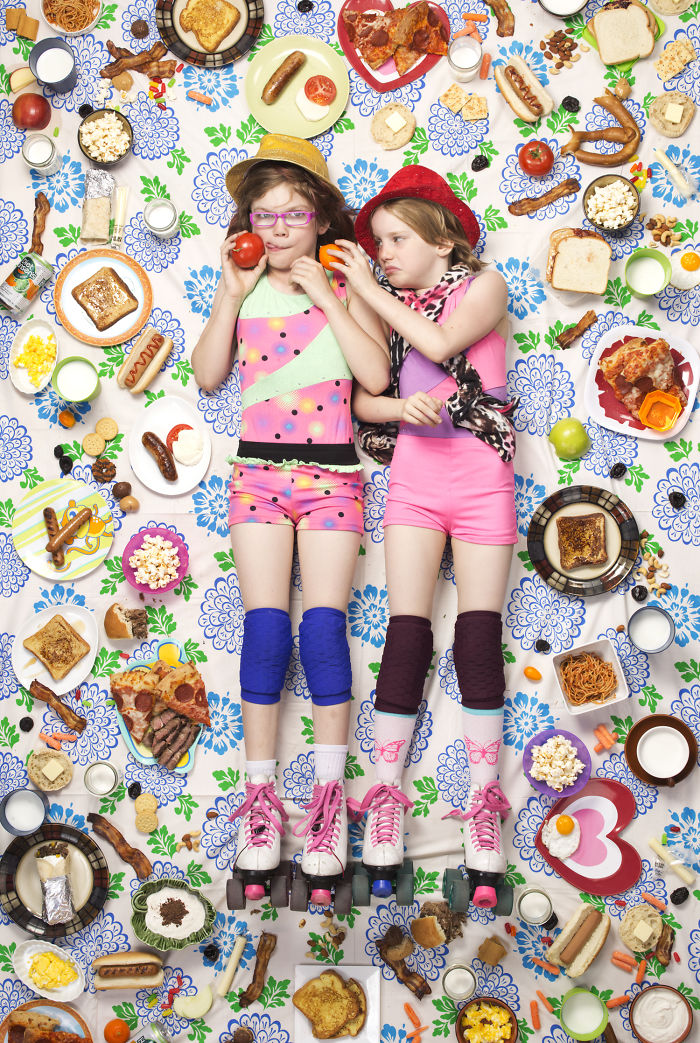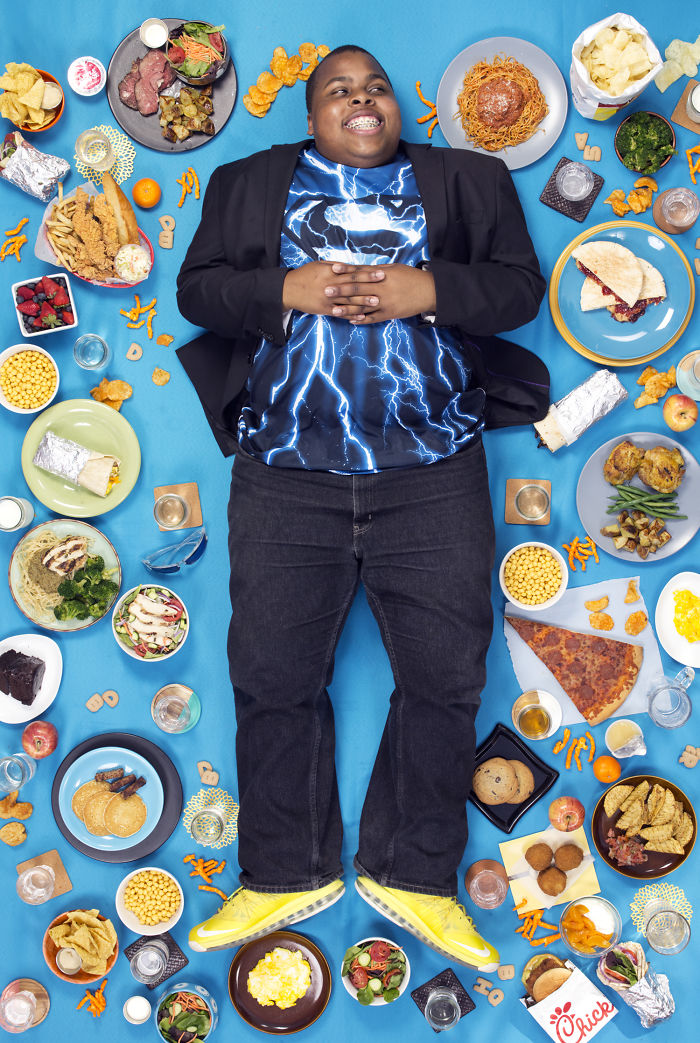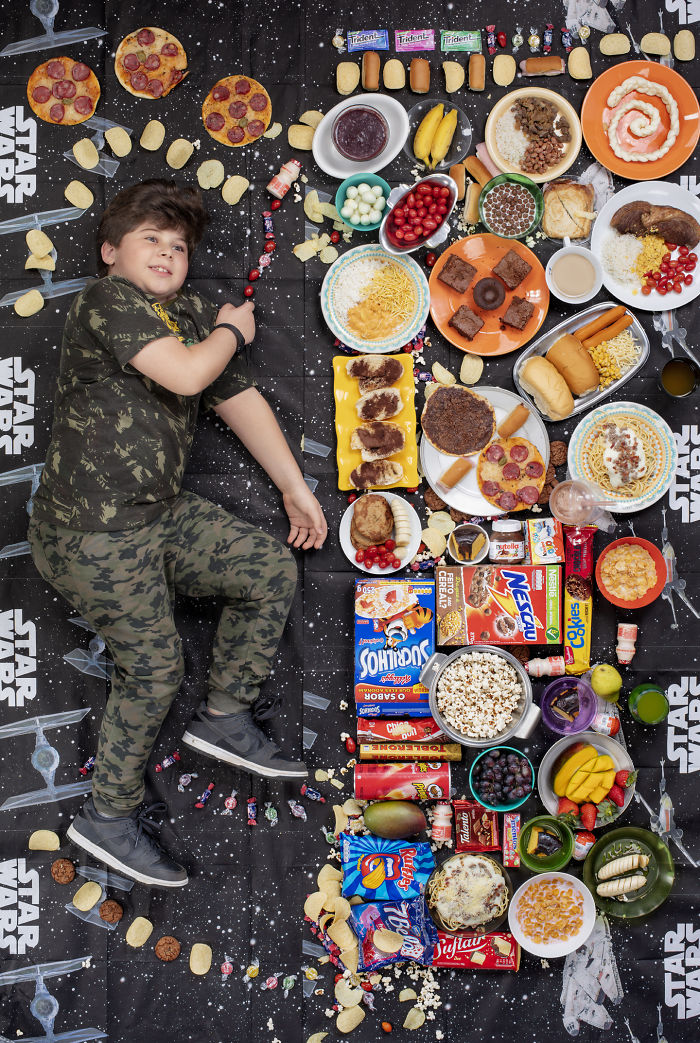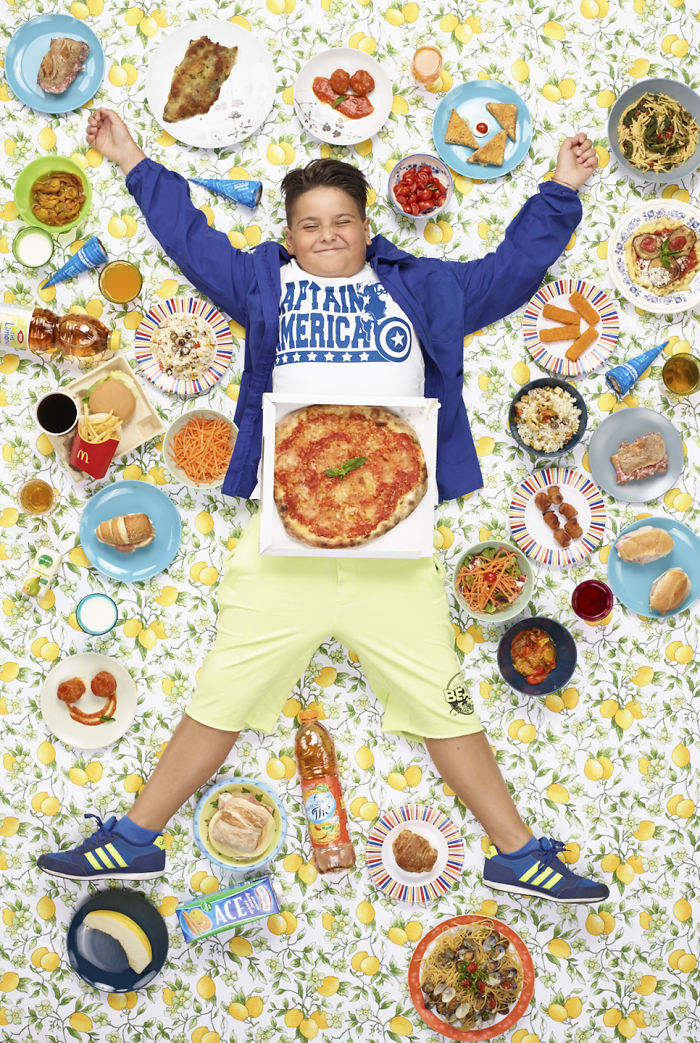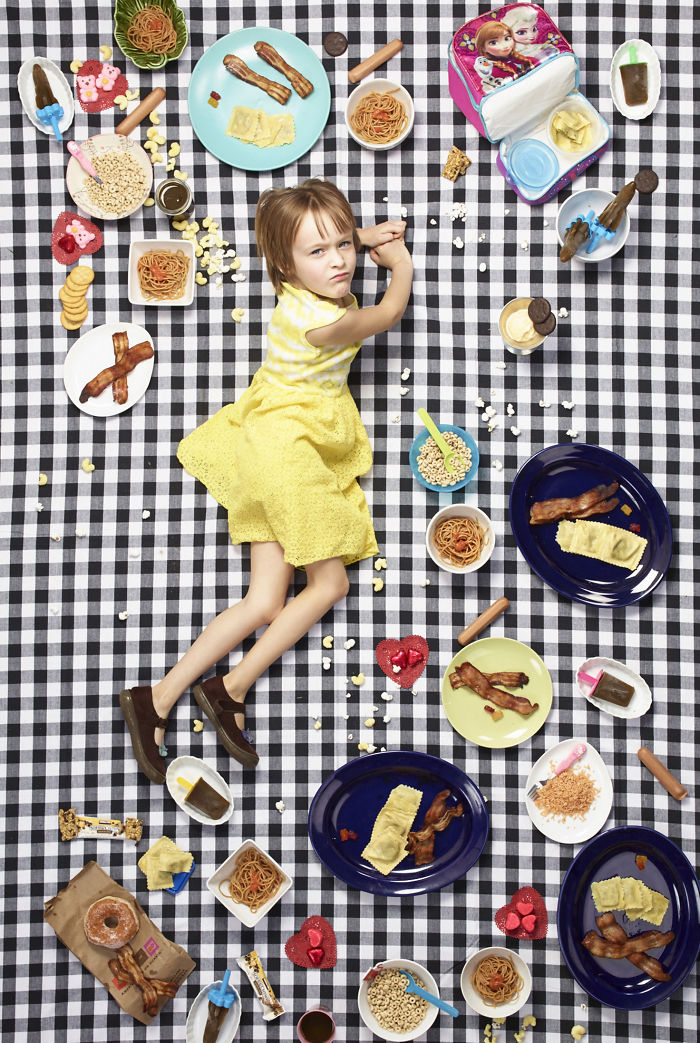Kawakanih Yawalapiti, 9, Upper Xingu region of Mato Grosso, Brazil, photographed August 19, 2018 in Brasilia. Kawakanih, a member of the Yawalapiti tribe, lives in Xingu National Park, a preserve in the Amazonian Basin of Brazil. The park is encircled by cattle ranches and soy In the past six months alone, 100 million trees have been felled to make room for When she was born, Kawakanih’s mother, Watatakalu, isolated her from those who didn’t speak Arawaki, their native language. Only 7 speakers of the language remained and her mother was afraid Arawaki would go extinct. In fact, Kawakanih is the first child to be raised speaking Arawaki since the 1940’s and her mother says it’s up to Kawakanih and her two siblings to keep the language alive. Kawakanih has also learned her father’s dialect as well as Portuguese. She loves to read history books, especially ones about the Egyptians. Most of her days are spent playing in the river or helping with chores, like harvesting manioc (cassava), making tapioca and fishing. Every couple of months, Kawakanih travels to Canarana for school where she learns computer skills, though no one in her village owns a computer; there is no electricity or running water. To get to the studio in Brasilia, Kawakanih and her mother traveled 31 hours from their village by boat, bus and car. The red paint Kawakanih wears, traditionally made from ground urucum seeds, protects her from bad spirits and energy. A cluster of seedpods are to the left of Kawakanih’s head. Rainforest tribes have used the entire Urucum plant as medicine for centuries. Kawakanih’s diet is very simple, consisting mainly of fish, tapioca, fruit and nuts. It takes five minutes to catch dinner, says Kawakanih. When you’re hungry, you just go to the river with your net.
